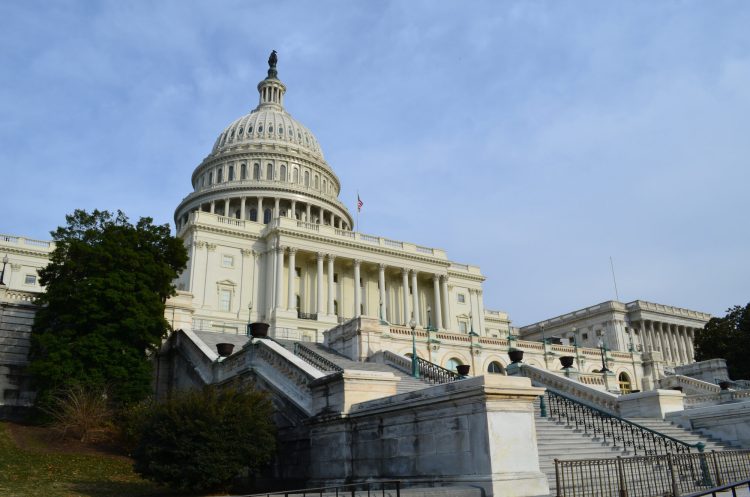This “Guest View” opinion column was originally published on SeacoastOnline.com.
When the winner of the 2020 presidential election takes the Oath of Office on Jan. 20, 2021, he or she will assume responsibility for a government that carries about $24 trillion in debt and projected budget deficits exceeding $1 trillion every year for the foreseeable future.
Do presidential candidates, including the incumbent, think that’s a problem? And, if so, what do they plan to do about it?
Voters have a right and a responsibility to seek answers, but where can they go to find them?
I took some time to explore the websites of the major candidates, looking for an issue tab, dedicated webpage or other specific discussion of the debt, explaining that the debt is on an unsustainable path, why this problem must be addressed head on and how the totality of their proposals would do that.
Overall, what I found was discouraging.
Many candidates implicitly acknowledge that the debt is a problem by including possible offsets for new proposals. That’s good because if they think that deficits and debt don’t matter, there would be no need to volunteer ideas for keeping them from getting worse.
However, policy-by-policy offsets scattered throughout a candidate’s website have two important limitations: siloed information makes it difficult for voters to assess the total impact of a candidate’s plans on the budget, and it ignores the fact that simply paying for new proposals is not sufficient to remedy a fiscal path that is already unsustainable. If a candidate thinks the growing debt is a problem, he or she needs to deal with that problem in addition to paying for new initiatives.
To continue reading the column click here.
Continue Reading


